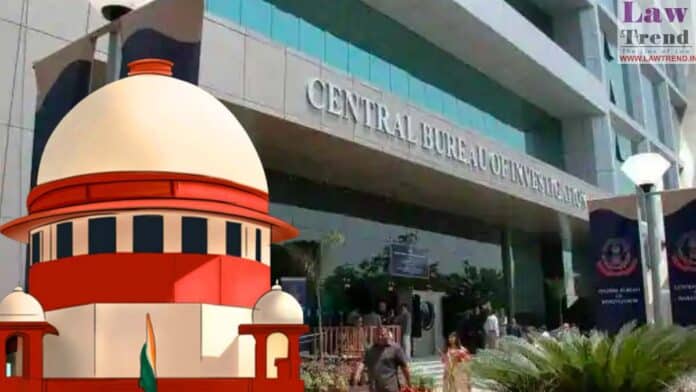Reiterating the need for judicial restraint in invoking extraordinary powers under Article 226 of the Constitution, the Supreme Court of India has ruled that High Courts must ensure the presence of prima facie material before transferring investigations to the Central Bureau of Investigation (CBI). The ruling came in Criminal Appeal No. ___ of 2025 [arising
To Read More Please Subscribe to VIP Membership for Unlimited Access to All the Articles, Download Available Copies of Judgments/Order, Acess to Central/State Bare Acts, Advertisement Free Content, Access to More than 4000 Legal Drafts( Readymade Editable Formats of Suits, Petitions, Writs, Legal Notices, Divorce Petitions, 138 Notices, Bail Applications etc.) in Hindi and English.




